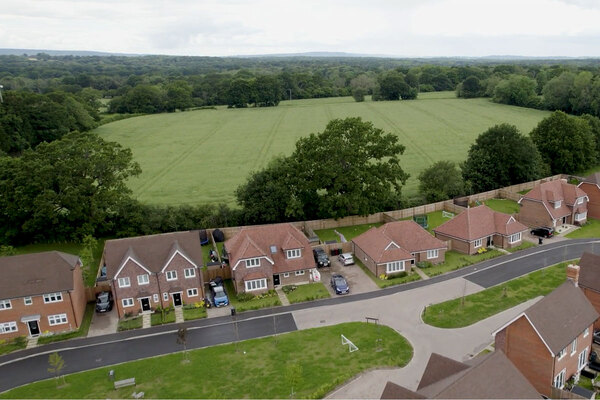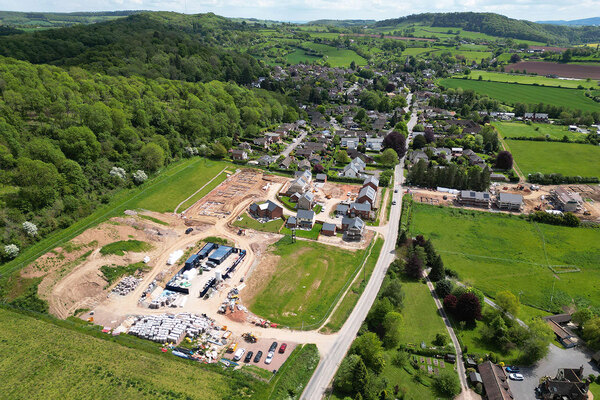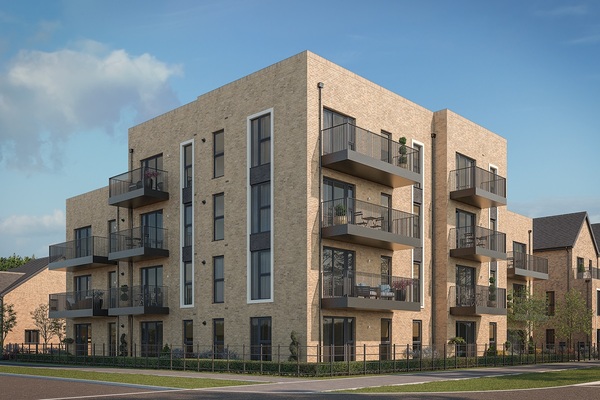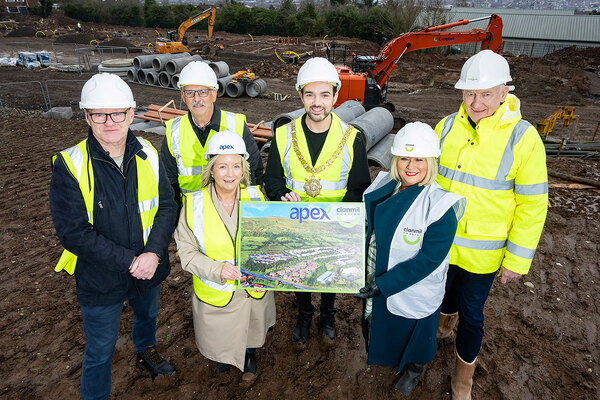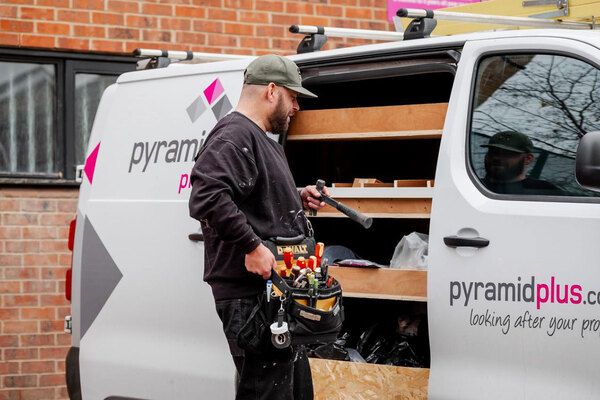You are viewing 1 of your 1 free articles
We all need to speak up to fix the rural housing crisis
Jonathan Layzell, chief growth and development officer at Stonewater, discusses how we can build much-needed homes in rural areas
It is fair to say that everyone now recognises, to one degree or another, that the UK faces a severe shortage of affordable homes. Housing providers experience this crisis every day and are painfully aware of its consequences for the people who need us most.
What is often not recognised is the scale of this crisis in rural communities. Owning and managing nearly 8,000 homes in villages across England, Stonewater is tackling this crisis head on, but we all need to do much more.
In particular, we need dedicated funding to deliver these homes and meaningful planning reform to streamline the process.
Stonewater recently commissioned polling to gauge the scale of this crisis and found that over two-thirds of rural residents believe it is difficult to secure housing in their area, with 70% believing the cost of housing is to blame.
The lack of affordable homes in rural areas has significant consequences, forcing people to move out of the area where they may have grown up and depriving communities of the chance to endure for future generations.
The struggles for rural communities do not end there. Accessibility is a key issue, with working-age people less likely than those in urban communities to be able to get to work within 30 minutes through walking or utilising public transport. It also takes twice as long for rural people to reach a GP surgery or hospital than in urban areas.
Local amenities such as schools and post offices are closing at a record rate and there were 535 fewer pubs and bars in 2023 than 2018.
“With these challenges in mind, it is not hard to see why the barriers to delivering more homes are amplified in rural areas”
With these challenges in mind, it is not hard to see why the barriers to delivering more homes are amplified in rural areas. Homes are more expensive to build, with stretched and costly supply chains and sparse local labour – itself a consequence both of urban development being able to offer better pay, and a shortage of affordable homes and public transport in rural areas.
Small-scale developments, often in schemes of 10-12 properties, on the edge of villages don’t benefit from the economies of scale that urban developments do, raising the cost of materials. Infrastructure and utility connections are, again, costly and subject to delays.
One barrier which all developers are familiar with is our country’s planning system. Stonewater often builds on rural exception sites, which are plots on the edge of villages released below market value to allow affordable housing to be built for local people. These developments generally have the support of much of the local community, who recognise the immediate need for affordable homes in their area.
However, many rural local authorities have yet to adopt a local plan, and the planning system is prone to magnifying objections, meaning negotiations can be lengthy and good schemes cannot be delivered. When we, as a result of a planning decision, deliver fewer homes than originally intended, the real injured parties are the local people who do not have the opportunity to have a place that they can call home.
To unlock the delivery of much-needed rural homes and their many benefits, there are three things we need to do: communicate the value they bring; use this positive message to make the case for more funding; and reform the planning system to allow this funding to be spent where it is needed.
“Across the sector, and all levels of government, we must recognise that our treasured and celebrated villages are often the result of hundreds of years of gradual development”
We have a duty to speak up for the good that building homes can do: meeting demand will help to sustain communities and help people afford homes where they grew up. It means more investment, with developer contributions enhancing public services and transport. It means supporting local businesses, including small and medium-sized building firms which often employ and train local people, retaining and bringing skills to the local workforce.
If we do this, we can make the case for dedicated government funding to deliver affordable rural housing that recognises the higher construction costs incurred.
But funding only goes so far: planning reform is needed that makes the system an enabler to new development, not a blocker. With this, we’ll be able to make the right decisions for the future across the country – especially in rural areas, where our polling shows support for sustainable development.
Across the sector, and all levels of government, we must recognise that our treasured and celebrated villages are often the result of hundreds of years of gradual development.
Villages have always been much more than built environment: they are communities that have gently grown to accommodate people who need a home, regardless of income. They can be again, and we owe it to the landscapes and communities that we love to do what needs to be done to solve this rural housing crisis.
Jonathan Layzell, chief growth and development officer, Stonewater
Sign up for our development and finance newsletter
Already have an account? Click here to manage your newsletters


